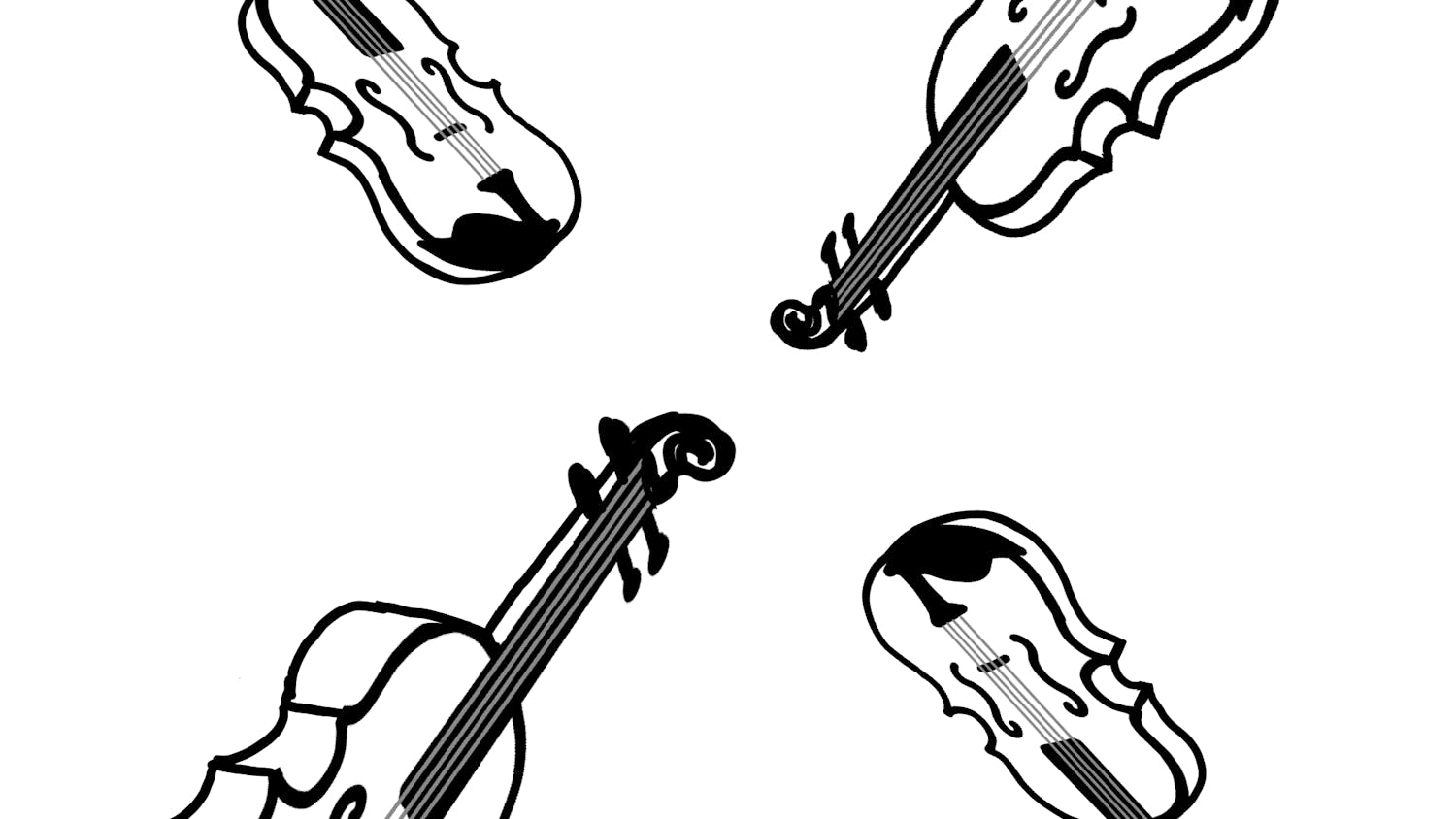Tanya Tagaq is a songwriter, artist, activist and author born in Nunavut, Canada. Her vocal style draws heavily on Inuit throat singing, known as katajjaq, a game played by two women sitting face-to-face and a cultural practice she experienced while growing up. Tagaq developed her own solo throat singing technique out of necessity when she found herself without a singing partner during young adulthood. She uses this skill to create passionate, genre-defying music, as experienced on her 2016 album “Retribution.” The songs on “Retribution” flow seamlessly into one another, combining this ancient art form with avant-garde sonic experimentation. The album’s sound is also deeply rooted in collaboration, featuring contributions from many other Canadian and Indigenous performers. At its core is a call for awareness of Indigenous rights and an end to environmental destruction, interrelated causes that Tagaq has advocated for throughout her career.
On “Ajaaja,” her delicate, sweet intro transitions into a traditional Inuit naming song sung by Canadian artist Ruben Komangapik, which Tagaq has underlaid with ambient drums. On “Nacreous,” she crafts a pulsing, multi-layered duet with Tuvan throat singer Radik Tyulyush, drawing on the Indigenous folk music of ethnic Tuvans in Russia. “Retribution” is an album that treasures the human voice in all of its strength and possibilities and honors the body as both a vessel and crucial component of the vocal instrument. Tagaq and her collaborators’ singing remains deeply personal while also incorporating tones and articulations that reflect the natural world.
Despite its organic sound, “Retribution” is not a peaceful record. If anything, it’s the opposite. Tagaq demonstrates her punk mentality on the album’s titular track, which stacks Tagaq’s singing over a spoken word performance that speaks out against oil drilling in the Arctic and environmental destruction in the name of greed. “Money has spent us,” she coos. The energy builds throughout the song, carried by a fiddle accompaniment, until it breaks into vocals and an electric guitar that sound like they should be echoing in a stadium. This energy is paralleled in “Aorta,” which is twice as rageful as any metal song you’ve ever heard. Tagaq’s screams are piercing, echoing over driving drums and plenty of instrumental fuzz and distortion.
Tagaq also taps into genres beyond traditional Inuit melodies and rock. The album’s midpoint, fittingly titled “Centre,” is definitely the track from this project that I come back to the most. Featuring the Canadian rapper Shad, it is the part of “Retribution” that holds up the best to listening out of context. Its classic hip-hop beat easily fits into playlists and everyday listening (and the music video is also really fun). It, of course, includes a few twists on hip-hop form through Tagaq’s katajjaq accompaniment and its sampling of nature sounds, such as cawing ravens.
“Retribution” stresses the relationships between environmental issues and exploitation faced by Canada’s Indigenous communities in ways that are both lyrical and literal. “Cold” employs strikingly scientific terms to speak out against climate change and remind us of our place in the natural order. It details exactly how catastrophically global warming will unfold, and what its consequences will be. “Human civilization as we know it will no longer exist,” Tagaq says in the song. Although it is a warning, Tagaq still finds comfort in the fact that the Earth will continue long after us. The album closer, a cover of Nirvana’s 1993 song “Rape Me,” is equally chilling. While a nod to her alt-rock influences (check out her tongue-in-cheek cover of the Pixies’ “Caribou” from a couple years earlier), Tagaq presents her rendition in protest of the Canadian government’s failure to adequately address the issue of violence against Indigenous women. While there is still a lack of exact statistics, thousands of Indigenous girls and women have gone missing in Canada over the past decades, and face a homicide rate that is approximately ten times higher than the rest of Canada’s population. Tagaq’s version of the famous song is sparse and echoes with whispers, a testament to voices left unheard.
By turns sonically spacious and dense, “Retribution” taps into an ancient artistic practice to tackle the climate crisis and disenfranchisement of Indigenous Canadians with anger and grace. Tagaq’s work is a testament to the athleticism and creativity of her voice, capable of roaring catharsis in one moment and soothing gentleness in the next, as well as to her ability to craft corresponding instrumental arrangements. Her next full length album will be out this coming March, and promises to be equally moving.




